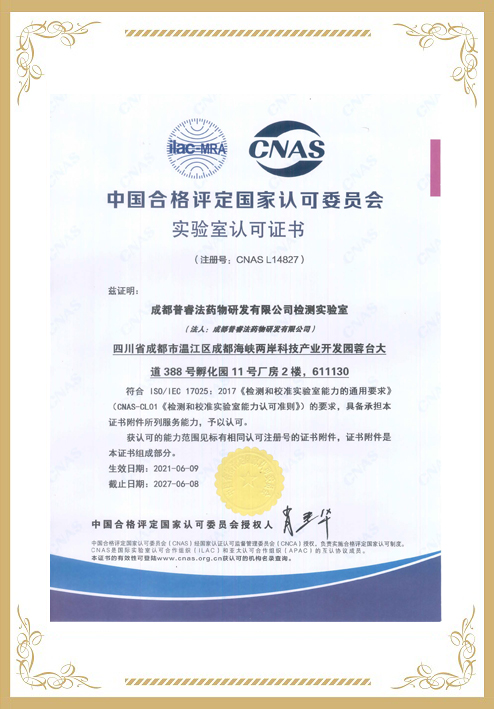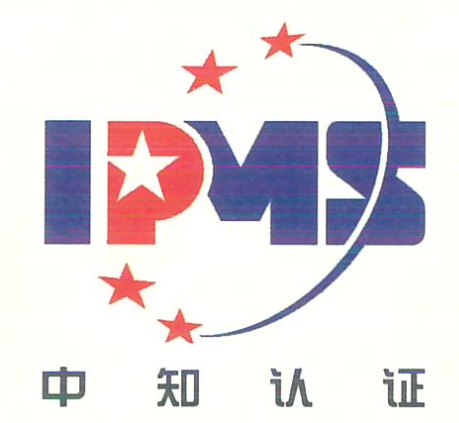The economic important medicinal plant, Panax ginseng, encompasses a diverse array of pharmacologically beneficial ginsenosides governed by complex metabolic pathways. The cultivation of P. ginseng over an extended period of time poses many challenges to fulfill market requirements. The utilization of in vitro tissue culture presents a viable alternative approach for the generation of P. ginseng root biomass and metabolites. Harnessing the root inducing plasmid (Ri plasmid) of Agrobacterium rhizogenes in the transformation process to create hairy roots in P. ginseng could be a useful metabolic engineering technique. In this investigation, the transformation efficiency and biomass production of five distinct ginseng genotypes were evaluated. Of them, the ‘Yunpoong’ cultivar, and a local landrace ‘Ganghwa’ had the highest transformation efficiencies of 66.11% and 65.00%, respectively. The biomass production of transgenic hairy roots was 1.5–2.1 times faster than that of non-transgenic adventitious roots without hormone supplementation. Various ginsenosides such as Rg1, Rf, Rh1, Rb1, Rb2, Rd, F2, and Rg3, were found to be similar or greater in the hairy roots when compared to the concentrations observed in adventitious roots. Furthermore, the ginsenoside contents of cultivated roots are similar to those cultured in a bioreactor. The findings provide fundamental insights into the metabolic engineering of ginseng, facilitating the in vitro production of ginsenosides.























